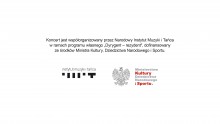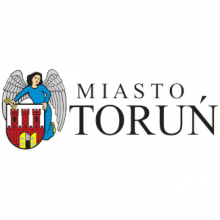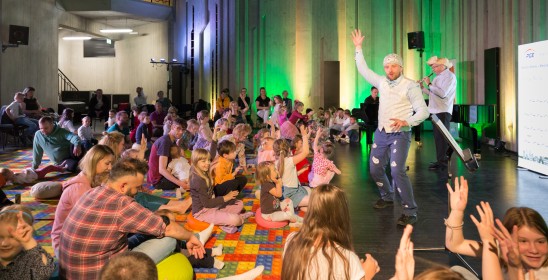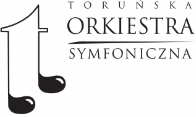Joy, Beatiful spark of gods!
Artists:
Olga Pasiecznik – soprano
Anna Lubańska – mezzosoprano
Rafał Bartmiński – tenor
Robert Gierlach– bas
Opera Nova's Choir
Toruń Symphony Orchestra
Dainius Pavilionis (Lithuania) – conductor
Andrzej Sułek - introduction
Programme:
L. van Beethoven - IX Symfonia d-moll op. 125
“Beethoven changed the meaning of music, broke the rules, conventions …, as well as the patience of many of those who worked with him” – Agnieszka Holland spoke about the composer. The last of the First Viennese School dreamed his whole life about writing an excellent opera. This, however, did not happen; his only opera – Fidelio – is a failed play-like work representing the Rettungsoper genre, that is the opera of horror and happy ending, a piece full of dramatic gaps indicative of Beethoven’s lack of operatic imagination in regard to sound. Is it possible that Symphony No. 9 was meant to fill the operatic void which its author felt his whole life?
Symphony No. 9 is a synthesis of the entirety of Beethoven’s work. During its creation, he isolated himself from the world, longing to contain the sum of his experiences as a composer on music paper. The last of the First Viennese School probably did not fully realise what breakthrough he was making by changing the formal and ideational shape of the symphony. In the words of Bohdan Pociej: “The symphony was becoming a sort of mystery concretising in the symphonic form the idea of Enlightenment and humanism, characteristic also of the age of Romanticism. Liberty – equality – fraternity (the ideals of the revolutionary utopia); the humanity bound by ties of friendship, millions clasped in a warm-hearted embrace. Universal happiness – lofty euphoria – joy (in the profound Christian understanding of that words) fulfilled in the finale of the symphonic drama, as the heavenly destination of the path leading from the earthly struggles, the dramaturgy of deed in the first movement, through the dynamic and striking speed of the Scherzo, the mythical and emotional contemplativeness of the Adagio …”.
All those ideals managed to become musically validated in the finale, in Schiller’s Ode which became the literary inspiration for the last movement of the work. In its finale, appears a fugue – as Glenn Gould used to say – “the music of the final reconciliation”. The kind of music that rushes like perpetuum mobile, bringing joy and hope
Aneta Derkowska, PhD
Concert with an induction loop
The event will take place as part of the Viva Beethoven! - the 250th anniversary of the composer's birth project.
We invite you to an online concert,
which will be broadcast on December 18 at 7 pm on our Youtube channel.
The concert will be available on our channel until end of June, 2021.












































